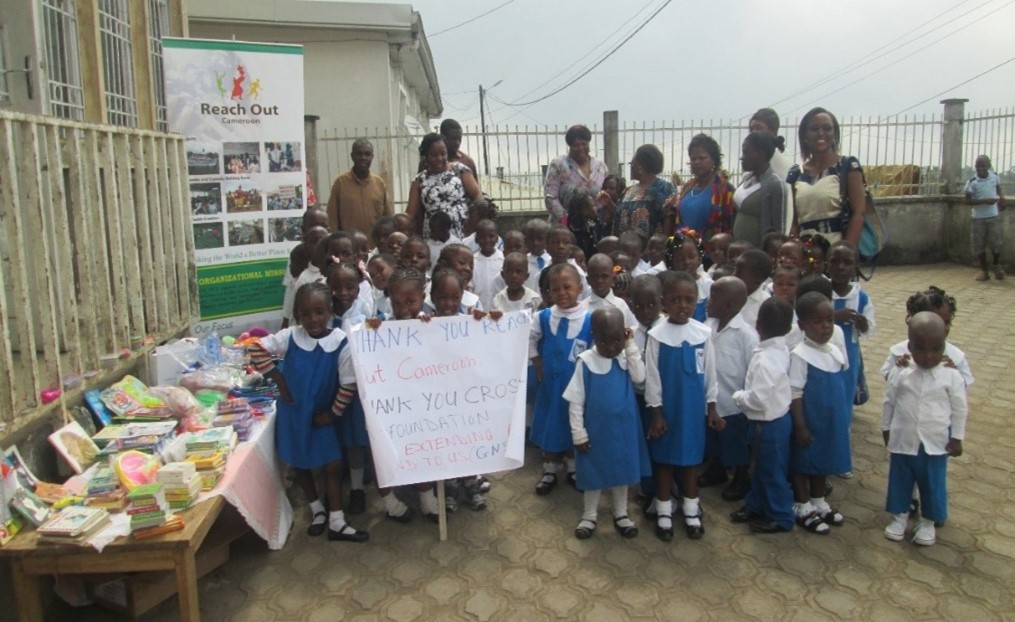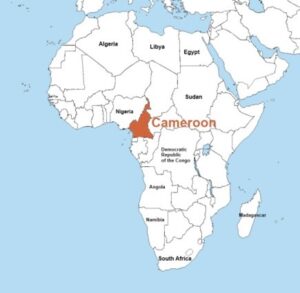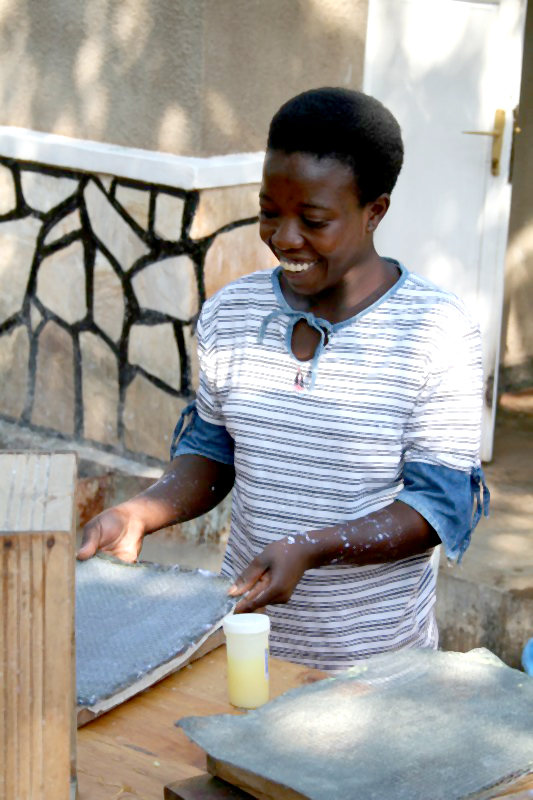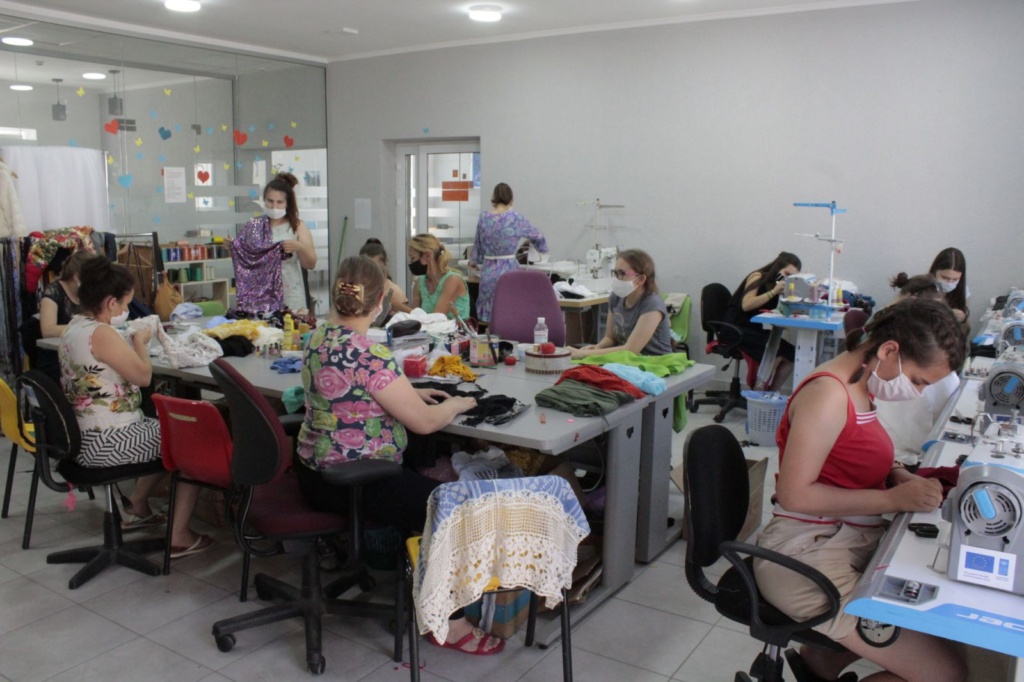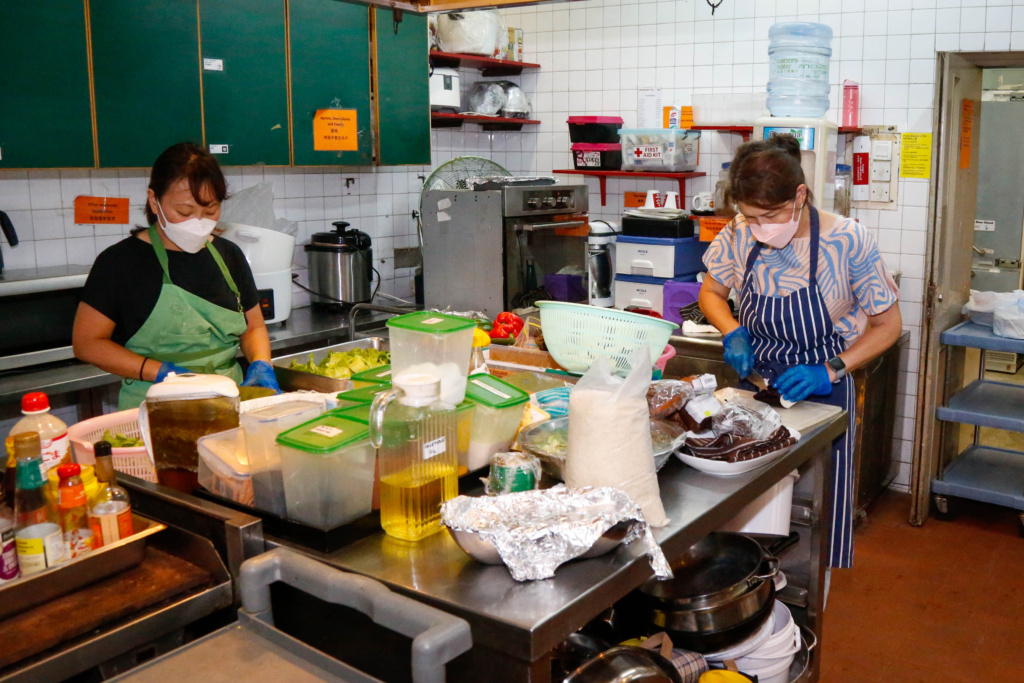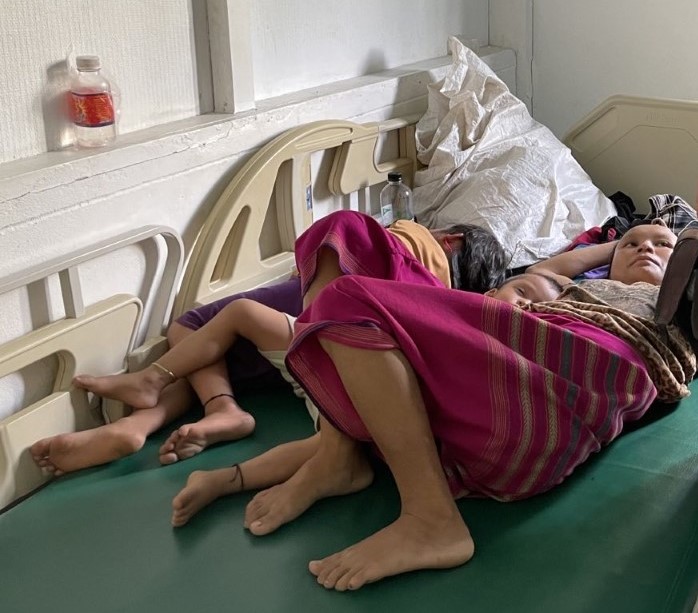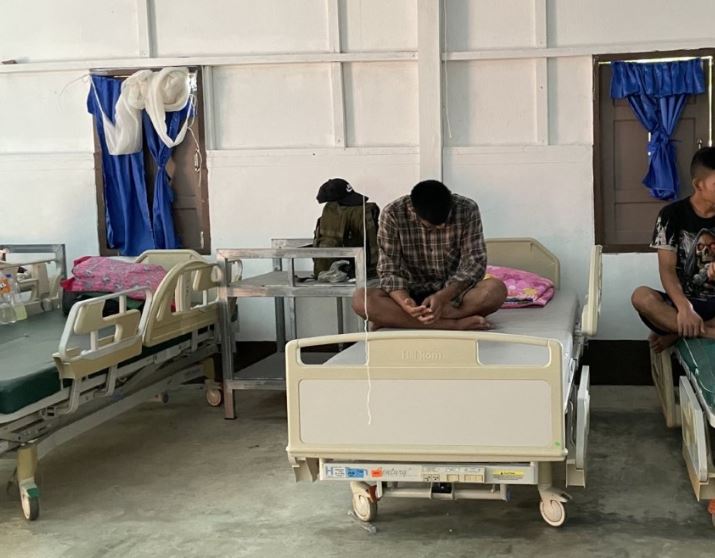WHO IS THIS SHIPMENT HELPING?
In a slum on the outskirts of a South African city, a community group reached out to a school to support girls who were victims of violence. This modest beginning has since grown to include programmes for boys to give them hope of a life outside criminal gangs by offering career guidance and vocational training. They increased its capacity to include more schools and now runs a soup kitchen and supports overstretched and underfunded local clinics.
Crossroads’ first shipment to this group impacted this community at many levels: from the provision of hospital beds for a clinic serving 370,000 residents, to shoes and blankets that provided a welcome boost to vulnerable individuals.
For this shipment, they have particularly asked for appliances such as sewing machines, fridges and microwaves to start a skills training project for widows as well as school furniture, computers – and of course, as many shoes, clothes and household goods as we can fit into a container.
As well as helping to build and equip larger organisations such as schools and clinics, Crossroads’ partners also help individuals and families in need.
Below: Mama Tiny is a widow recovering from a severe stroke. All her possessions were sold from her home to cover hospital bills. She received new furniture, appliances and a blanket out of Crossroads’ previous shipment to her community.
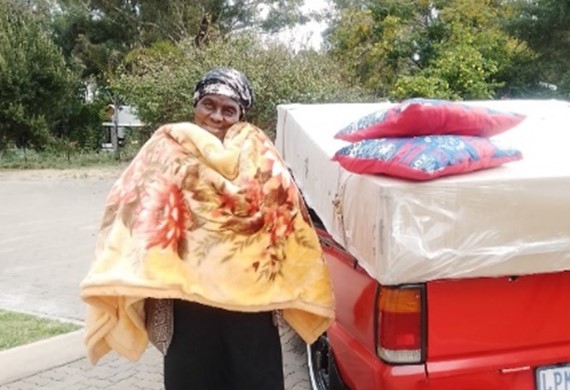
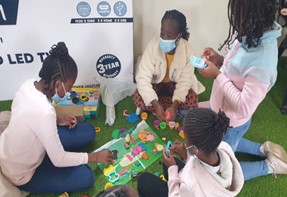
The director of a drop-in centre that received boxes of new toys was almost in tears as she explained that this event was an “early Christmas” to many of the children who attend because they had never had any toy to call their own before, let alone a brand new one!
Crossroads is grateful to be able to assist this project in its work for the poorest people in South Africa.
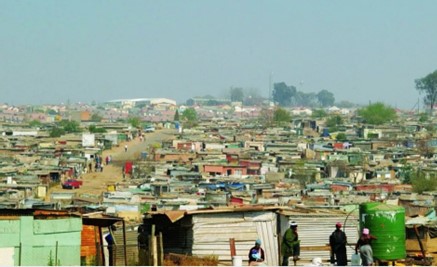
Living conditions are challenging in the areas covered by the project.
S5559

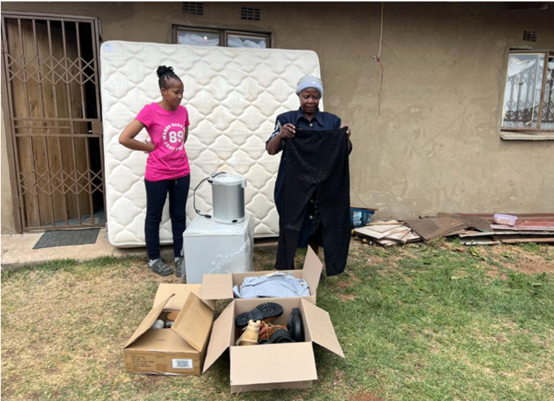
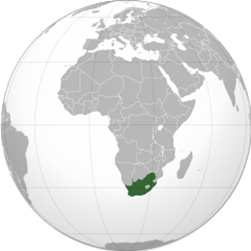
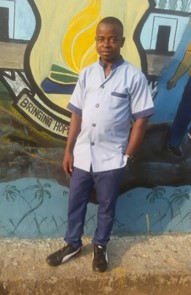
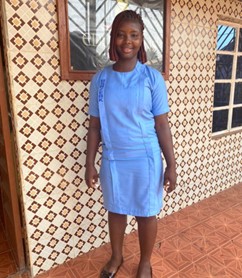
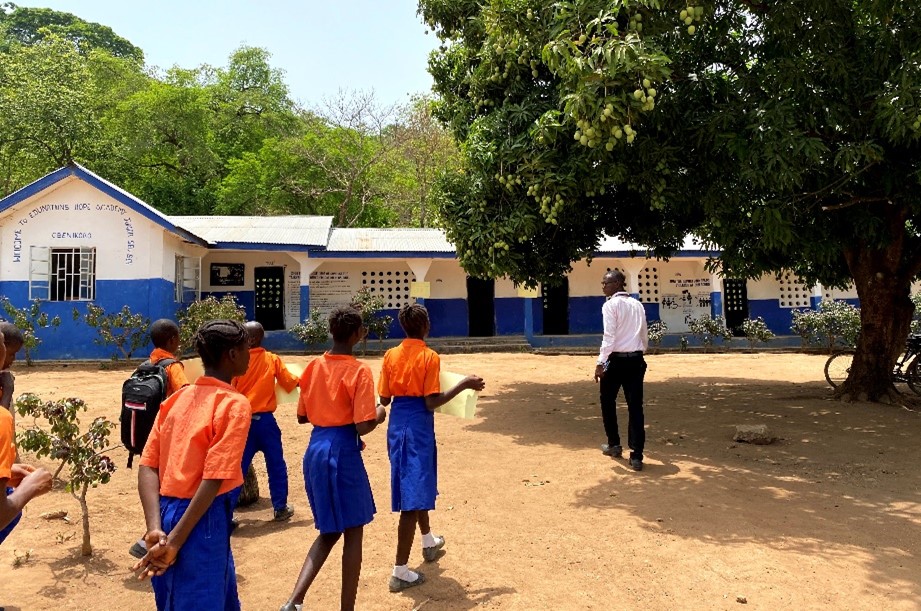

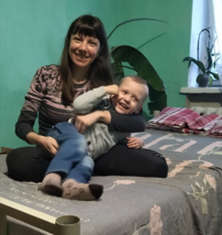
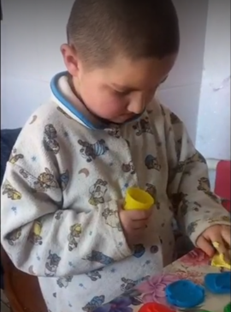

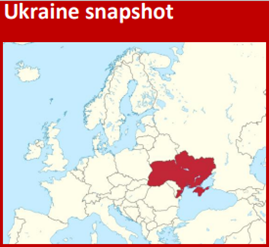
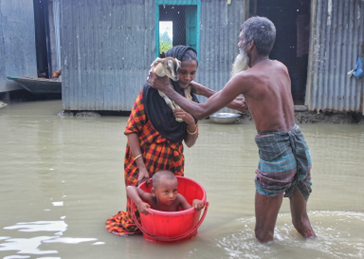
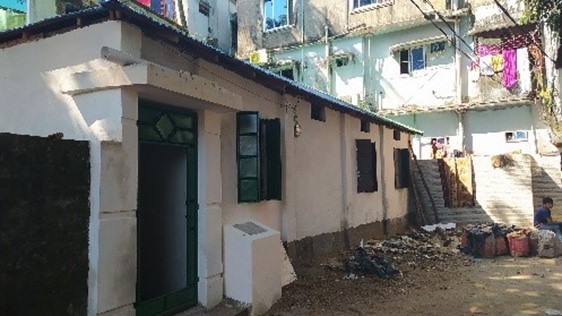
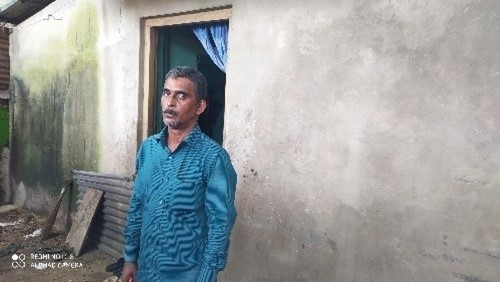
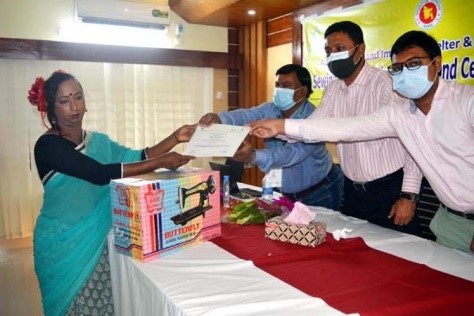
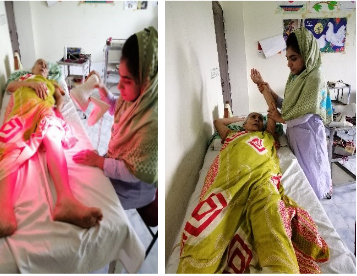

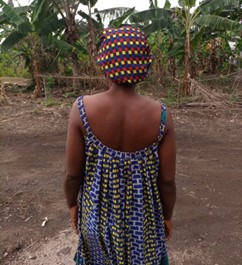 Grace was violently attacked and left for dead after armed men broke into her home and she did not have the money they demanded. This left her unable to care for herself or her children. Our partners provided her with intensive counselling as well as medical help, a safe space for her family, new skills training, and a microloan to assist her in starting her own business. She has now moved from home-cooking and selling bean paste to opening her own village shop. She has also rented a home and is able to feed and send her children to school.
Grace was violently attacked and left for dead after armed men broke into her home and she did not have the money they demanded. This left her unable to care for herself or her children. Our partners provided her with intensive counselling as well as medical help, a safe space for her family, new skills training, and a microloan to assist her in starting her own business. She has now moved from home-cooking and selling bean paste to opening her own village shop. She has also rented a home and is able to feed and send her children to school.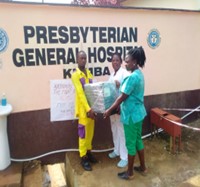 Refrigerators from Crossroads’ previous shipment were distributed among regional hospitals and are being used to store vaccines and medicines. Within a year, this provision allowed vaccination against, and effective treatment of, tropical diseases and other infections for more than 30,000 people. Staff expressed great relief that they no longer needed to worry that medications had degraded because of unsuitable storage conditions.
Refrigerators from Crossroads’ previous shipment were distributed among regional hospitals and are being used to store vaccines and medicines. Within a year, this provision allowed vaccination against, and effective treatment of, tropical diseases and other infections for more than 30,000 people. Staff expressed great relief that they no longer needed to worry that medications had degraded because of unsuitable storage conditions.